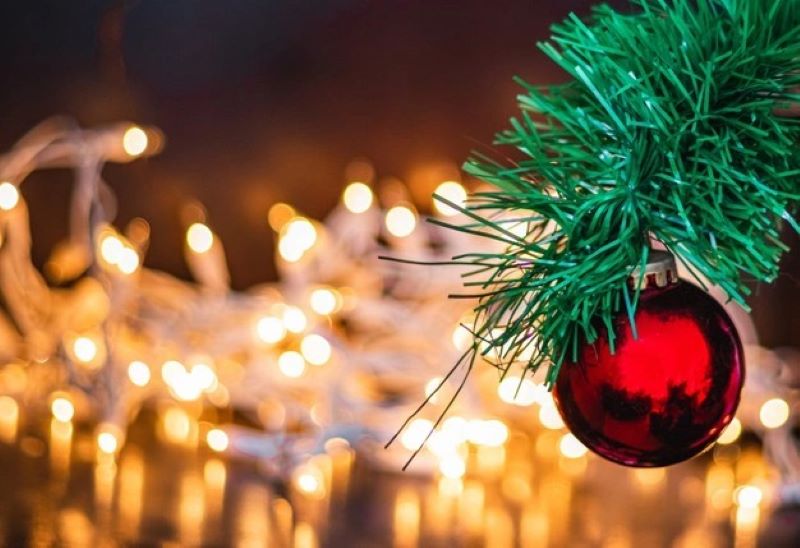Twelfth Night Around the World: A Global Look at Celebrations and Customs
Twelfth Night in Different Countries: Customs and Traditions
Twelfth Night is a global celebration that is observed with great pomp and fervor around the world. This traditional festival marks the end of the Christmas season and is celebrated on the 5th of January, the eve of the Epiphany, which falls on January 6th. Twelfth Night is celebrated with various customs and traditions in different countries, which are deeply rooted in local cultures and histories.
In Italy, the Twelfth Night is marked with a traditional feast, which includes the “La Befana” figures that play a significant role in the celebration. According to legend, the mythical character, La Befana, is an old woman carrying a sack of presents for children on the feast day. As per the tradition, La Befana leaves gifts for good children and coal for those who were not well behaved. The celebration also includes fireworks, processions, and other colorful events that attract tourists from all over the world.
In Spain, Twelfth Night is known as “Noche de Reyes” which means “Night of Kings.” The festivities begin on January 5th with a huge parade called “Cabalgata,” which features floats carrying actors dressed as kings who throw sweets and other treats to the crowds. The next day, in honor of the Three Wise Men, who are a significant part of the biblical story of the Epiphany, children receive presents.
Twelfth Night Across Cultures: Examining the Cultural Significance of the Holiday
In France, Twelfth Night is marked with a long-standing tradition called “Galette des Rois” or “King’s Cake.” The cake is baked in the shape of a crown, and a small trinket or a ceramic figure is hidden inside the cake. According to tradition, the person who finds the trinket or figure in their cake will have good luck for the year. This custom is observed throughout the month of January and is a fun-filled way for people to celebrate the Twelfth Night.
In the Caribbean, Brazil, and other parts of South America, Twelfth Night is observed with music, dance, and colorful costumes. In the Caribbean, the festival is known as “Jouvert,” which means “daybreak” and is celebrated with a lively street parade that starts before dawn on Twelfth Night. Celebrations include music, drumming, costumes, and dancing through the streets.
In Greece, the festival is known as “Ta Fota,” which means “The Lights.” The day is marked with the blessing of homes using holy water, and the streets are adorned with lights, gifts, and other religious decorations. The country is famous for its custom of eating a cake called “Vasilopita,” which is named after Saint Basil and is similar to “Galette des Rois” in France.
In conclusion, Twelfth Night is a global celebration that is steeped in history and tradition. While customs may differ in different countries, the essence of the festival is the same – the end of the Christmas season and the celebration of the Epiphany. The Twelfth Night is an occasion for people around the world to come together and celebrate life, culture, and tradition with friends, family, and neighbors. Whether it’s through a traditional feast, a parade, or a colorful street festival, the Twelfth Night will always remain a special time for people to gather and celebrate.
